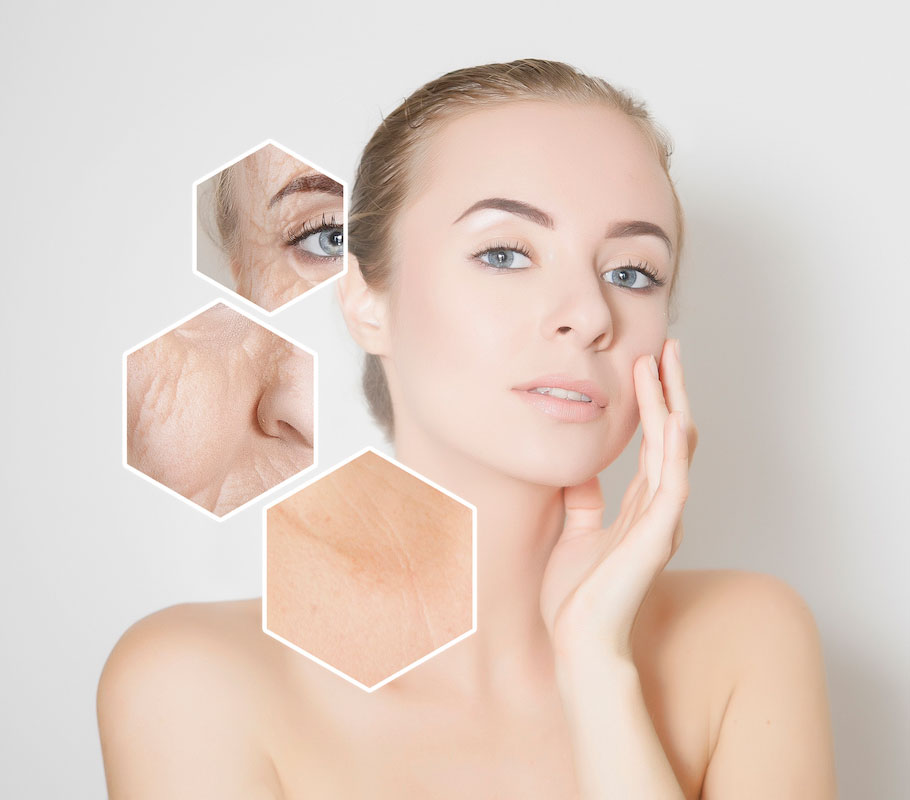Winter’s wind, low humidity and frigid temperatures bite at the skin, even when we’re swathed in sweaters, hats and gloves or hiding out indoors.
“Ambient humidity drops during the winter, both indoors and outdoors, and contributes to increased trans-epidermal water loss (TEWL), which means our skin is losing water at an increased rate, compared to the more humid summer season,” said Dr. Girish Mohan, director of laser and cosmetic dermatology with the Hartford HealthCare Medical Group.
Another wintertime habit that contributes to dry, itchy and flaky skin is taking long, hot showers. These, Dr. Mohan noted, strips the skin’s top layer of natural protective oils that help retain moisture in the skin, leaving us prone to greater TEWL.
Luckily, he explained that simple changes can help soothe dry skin in the winter. To prevent baths and showers from making dry skin worse, he suggested:
- Closing the bathroom door when showering to keep the moisture from the water in the room.
- Limiting your shower or bath to 5 to 10 minutes.
- Using warm, not hot, water.
- Washing with a cleanser that is gentle and fragrance-free.
- Using just enough cleanser to remove dirt, not enough to make a thick lather.
- Blotting skin dry gently with a towel.
- Slathering moisturizer on immediately after drying your skin after a shower. This way, the cream will trap existing moisture in your skin.
“I also suggest opting for an ointment or cream instead of a lotion because they are more effective against dry skin. I tell people to scan the list of ingredients on body creams and ointments for words like dimethicone, glycerine, mineral oil, petrolatum or an oil such as olive or jojoba oil,” Dr. Mohan said. “These can help the skin retain moisture.”
Other tips for preventing the skin from drying too much is using a humidifier to add moisture to the air at home and avoiding sitting too close to a fireplace.
Anyone with sensitive skin has an added layer of concern when it comes to choosing products and keeping their skin healthy and moisturized.
He suggested:
- Using unscented skin care products, including soaps and deodorants.
- Avoiding products that contain alcohol, fragrance, retinoids and alpha-hydroxy acid (AHA) for sensitive skin areas.
- Wearing gloves outdoors and when you’re washing dishes or working with chemicals or greases that might irritate your hands.
- Opting for a non-irritating or hypoallergenic laundry detergent.
- Wearing cotton or silk under any clothing made of wool.
“Often, skin conditions like eczema and psoriasis will worsen in the winter without the proper care or necessary changes in the routine,” Dr. Mohan said. “In the summer, ambient sun exposure can help improve both conditions. In winter months, people with eczema, who already have baseline higher levels of TEWL, may experience flares of disease that requires a proactive approach and the intervention of a clinician.”
Those people, plus anyone with extremely dry, irritated skin that does not respond to the above suggestions should see a dermatologist for help.
“It is always a good idea to seek care with a board-certified dermatologist whether it’s a chronic issue with eczema, psoriasis or other rashes, new growths, lesions or skin disturbances, or questions about medical grade skin care in general,” Dr. Mohan said.
For more information on help for dry skin or other dermatologic concerns, click here.

